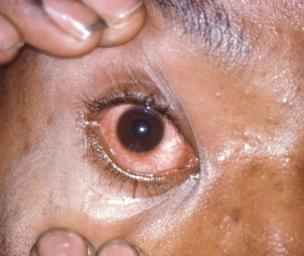

In the United States, anyone who is sexually active can get gonorrhea. Who is at risk for developing oral gonorrhea? Gonorrhea is easily treatable with antibiotics - either azithromycin orĭoxycycline - but some strains have developed resistance to these drugs. See your doctor for a proper diagnosis and treatment. If you’re infected with gonorrhea, don’t rely on mouthwash as a treatment. This study indicates that daily use of antimicrobial mouthwash may be beneficial in reducing your risk of acquiring or transmitting gonorrhea of the throat.” Mouthwashes that contain at least 0.07% CPC (cetylpyridinium chloride) will kill gonorrhea. While a study from 2010 indicated that Listerine may be able to kill gonorrhea-causing bacteria, additional research is needed. Mouthwash may be able to kill some types of bacteria, but it’s not effective against chlamydia.

This means that the same medication may not work to treat your infection in the future. If you don’t take all of the medicine, some of the gonorrhea bacteria may still be in your body and can become resistant to antibiotics. You need to take all of the medicine your healthcare provider prescribes to cure your infection. Throat gonorrhea can be cured with the right medicine from your healthcare provider. It’s important to get tested for gonorrhea even if you don’t have any symptoms - and to make sure your partner gets tested, too. A sore throat that lasts longer than 10 days should be checked out by a doctor.If you have an infection in your throat, you may also experience these symptoms:

However, sometimes the infection does not cause any symptoms at all. The most common symptoms of oral gonorrhea are a sore throat and painful swallowing. How different oral gonorrhea from strep throat?.Who is at risk for developing oral gonorrhea?.


 0 kommentar(er)
0 kommentar(er)
